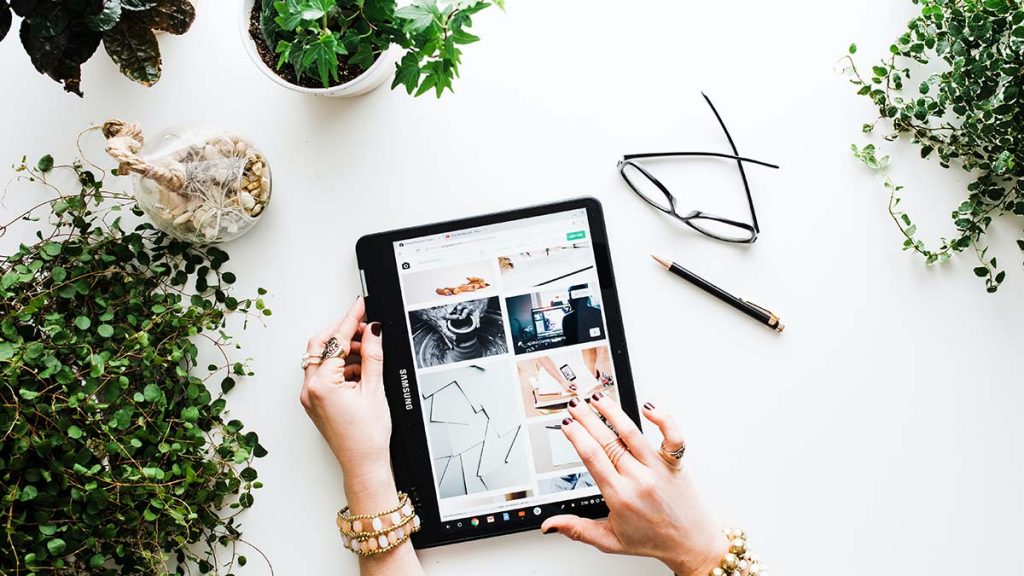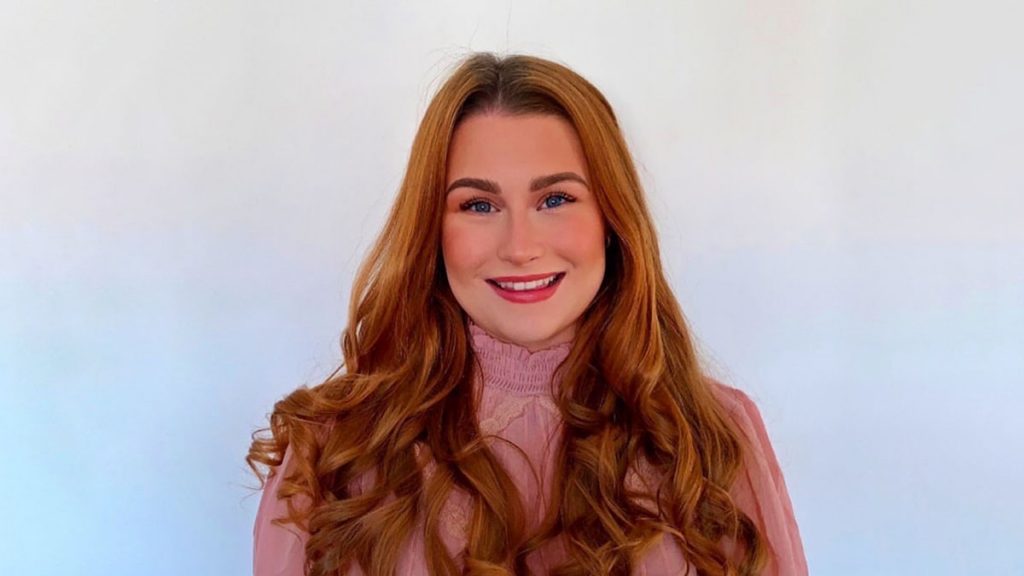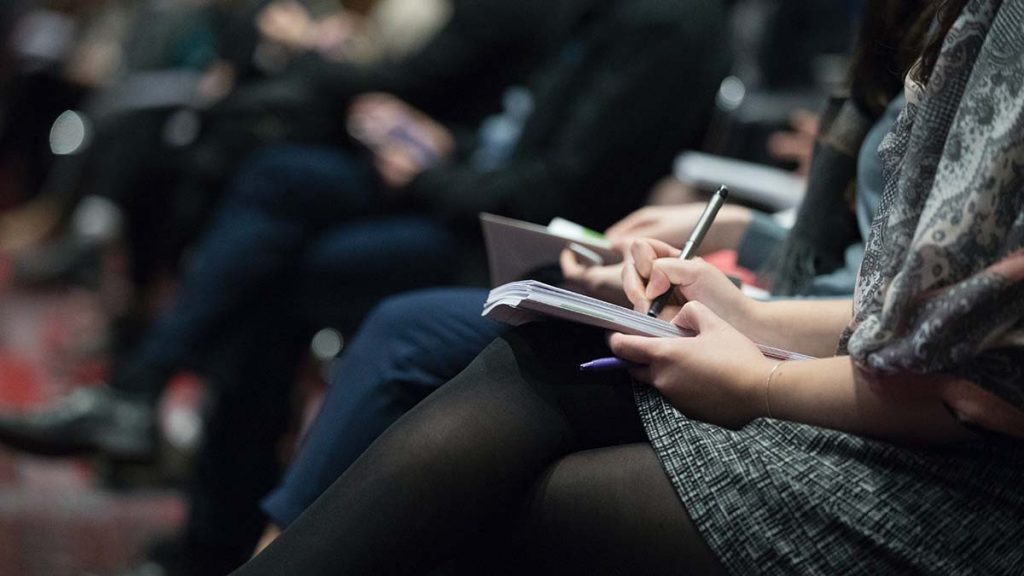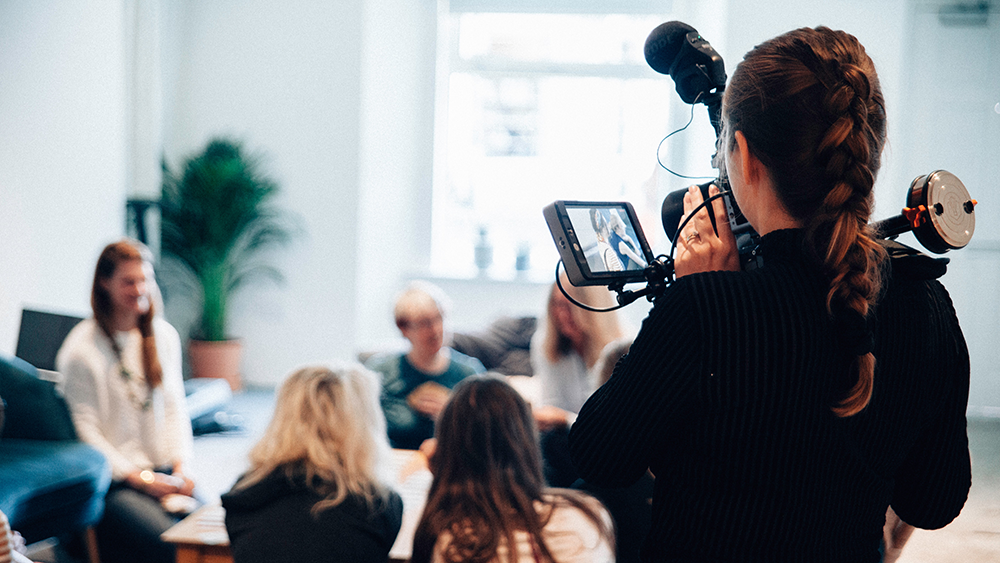Throughout the lockdown, there has been an increase of self-published, women-led online magazines. How are these independent publications helping women in journalism?

Claudia Congrave had interned for plenty of magazines, but she never felt completely comfortable. So, when she decided to launch her own publication, it felt like a weight had lifted off her shoulders.
“I’d always felt like I didn’t want to go down the traditional journalism route,” she explains. “It almost felt like traditional media was a little bit too conservative for my liking.
“I felt like I wanted to talk about things that were important to me, that weren’t necessarily being spoken about in the mainstream media. And I just thought: I want to make a space that is my own, that is collaborative, that’s not just my voice.”
Claudia Congrave launched her online publication, Mouthy Mag, in June 2020 after graduating from university. The magazine’s concept is based on the idea that every topic is important, and aims to bring to light injustice and cultural taboos.
After interning at several different magazine houses, she felt like major publications, even the less-traditional ones, wouldn’t cover topics they thought were too controversial.
“Even the publications that I thought would be more open, there were still so many restrictions,” she explains. “We can’t talk about that topic because we have an advertiser in our magazine who supports this and won’t like us writing about that, and things like that.
I don’t think that content and information and people’s learning should be dictated by the views of an advertiser.
Claudia Congrave

Jane Bentley, the course director of MA Magazine Journalism at Cardiff University, agrees that diversity is an issue for major publications and that self-published magazines are a remedy for it.
She says: “There has been an issue with a diversity of voices and visibility in the existing structures. The big publishing companies are huge beasts, it’s tricky to get a foot in the door. I think that side of the industry is making improvements but a lot of people who have specific stories to tell, they can just do that much more easily and directly themselves via digital. So they are telling these incredibly powerful stories in really creative ways and finding their audience much more quickly.”
Indeed, this year’s NCTJ diversity in journalism report found that journalism is 92% white and 75% of journalists come from the highest social classes. Jane Bentley, who in the early 2000’s was the only female editor of a bike magazine in the UK, said that being the only woman in the room was intimidating at times.
She explains that she once wanted to publish a female-only issue of her cycling magazine, but because of the advertisers’ lack of content regarding women products, they simply released a normal issue but with most of the major feature content made specifically for women.
“That really was an eye-opener, that just shows how far behind the industry is,” she says. “We obviously got some advertising from the major brands, but a lot of them were just not ready for it yet to back that up.”

Because of this lack of diversity in advertising and funding, there is a lack of diversity in the content produced. Jane explained that “you can’t be what you can’t see; it’s about the visibility.” Reuters Institute in fact found that only 22% of top editors across leading publications were women, in their 2021 ‘Women and Leadership in the News Media’ study.
Claudia Rutherford, an MA International Journalism student at Cardiff University, started her own publication, Santes Dwynwen, to highlight the voices of welsh women.
“It’s difficult not to feel a sense of imposter syndrome when you’re in a room full of men,” she says. “I think that’s because the industry is so inaccessible that it’s made a lot of people feel like they don’t belong. Luckily I’m surrounded by so many inspiring women from the same class background as me, which reminds me that I deserve to be in the industry just as much as anybody else. That definitely fuels my ambition to champion their work.”
I think a lot of us are creating spaces that we’ve longed for. We’ve built our own spaces out of necessity.
Claudia Rutherford
To both of them, being a woman that inspires change is important. Claudia Congrave explains that one of the reasons she was put off working for a major publication is the stereotype of the ‘suit-and-tie businessman’ controlling the organisation. She likes to challenge that cliché.
“I’m literally just a girl that graduated,” she states plainly. “I’m nothing special.”
Jane adds that there is a lack of access to editorial roles in major publications for women because of the nature of the roles. “It is quite a consuming lifestyle,” she says. “And so I think maybe for some women, particularly if they’ve got children and other commitments, that they can’t necessarily commit in the same way [as men could].”
It’s because of this, she adds, that a lot of women want to create their own publications.
“That confluence of moments that have been coming down the track for a long time,” she says, “It’s exploded and people can think that they can work on their own terms. There’s generally an explosion of people setting up their own businesses in the UK and being their own boss. I think people feel more confident and there’s more of a possibility that you can work for yourself and create your own job.”
Claudia Congrave specifies that Mouthy Mag is for all women: “When we’re talking about magazines for women, we’re talking about all women, we’re talking about women from all ethnic groups, women in all senses of the word. Non- binary people, trans women; if your feminism isn’t intersectional, it’s not real feminism. It has to be encompassing.”

Mouthy Mag and Santes Dwynwen both emerged in the midst of the initial national lockdown, like many other independent publications and businesses. Claudia Congrave explains that “people’s tendency to be constantly on their phones, looking at what’s happening in the world because of COVID-19, has created higher connectivity with people going to different news sources.”
Indeed, there has been a 42% increase in social network visits since the start of the coronavirus pandemic, and a 36% increase of news consumption on your phone. Because of this rise in use of phones and the internet, it’s no surprise that there are more online magazines than ever before.
Jane Bentley agrees that self-publishing has increased recently entirely because of the internet. She says, “We could all be editors, we can all self-publish and there’s so many fantastic tools out there,” she says. “If you think about culture, zine culture was huge in the 80s. That kind of rough, literally stick stuff on paper, staple it and hand it out.
“That mindset is still there, people who are creative and want to write about stuff or talk about stuff, they’re still doing it. It’s just because the method of delivery is more online and digital that it looks a bit slicker. I think social media and digital culture has been really successful in showing women that they can talk about things.”
Claudia Congrave adds that the pandemic also brought out anger in people, because of the governments’ responses to the coronavirus, and to the protests happening all over the world for different socio-political movements.
“I think people just kind of became more enraged,” she says. “Everybody’s getting really annoyed. A lot of people didn’t feel represented in decisions that were being made. And people became more in touch with their freedoms. Let’s channel that, let’s do something more positive. Let’s make some real change in these areas when we can.”
Policies from the government that have come out over the lockdown period have upset many groups across the UK. Women, people of colour, and those part of the LGBT+ community have had many laws put out disadvantaging them. This includes access to health support during the coronavirus pandemic, which disfavours ethnic minorities and people from a lower socio-economic background. Indeed, research conducted because of the coronavirus shows “how riddled Britain is with racial inequality” and that government policies only worsen its impact.
This is why Mouthy Mag and Santes Dwynwen exist: to offer a space to explore your anger and turn it into something positive; to platform and champion more voices; to show others that you can do anything, no matter who you were born as.
I think that’s a journalist thing: if I’m going to be a writer and be a part of society, I want to use it for good. I want to change the world.
Claudia Congrave
